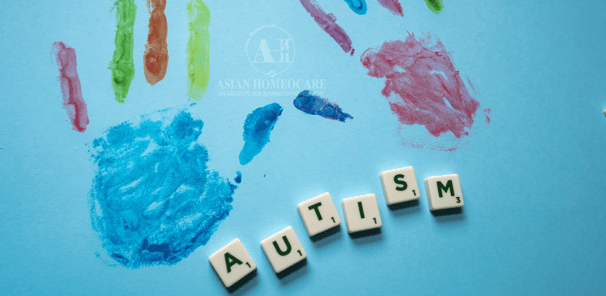Early Signs of Autism: Recognizing the Building Blocks of ASD
Discover the transformative impact of early diagnosis in Autism Spectrum Disorder (ASD).
AUTISM SPECTRUM DISORDER
Dr. Channabasayya S Hiremath
5/18/20231 min read


By recognizing these early building blocks of ASD, we can pave the way for early intervention and support, leading to improved outcomes and a brighter future for individuals on the autism spectrum. Join us as we explore the key early signs and empower you with the knowledge to make a positive difference in the lives of children with ASD.
Social Interaction:
Limited eye contact or lack of interest in engaging with others.
Difficulty understanding and responding to social cues, such as smiles or gestures.
Minimal or atypical engagement in pretend play or imaginative activities.
Communication:
Delayed or absent speech and language development.
Repetitive or unusual use of language, such as repeating phrases or echolalia.
Difficulty initiating or sustaining conversations with others.
Behavioral Patterns:
Repetitive movements or behaviors, such as hand flapping or rocking.
Resistance to changes in routines or insistence on sameness.
Fixation or intense interest in specific objects, topics, or patterns.
Sensory Sensitivities:
Over- or under-sensitivity to sensory stimuli, such as sounds, textures, or lights.
Reacting strongly to certain smells, tastes, or tactile sensations.
Seeking specific sensory input, such as spinning or seeking deep pressure.
Motor Skills:
Delayed or atypical motor skills, such as crawling, walking, or running.
Unusual gait or coordination difficulties.
Difficulty with fine motor tasks, such as holding utensils or writing.
It's important to note that these signs may vary in severity and may not be present in every individual with autism. If you notice any of these early signs in your child, it's recommended to consult with a healthcare professional for a comprehensive evaluation and diagnosis. Early identification and intervention can make a significant difference in supporting the development and well-being of individuals with Autism Spectrum Disorder.
